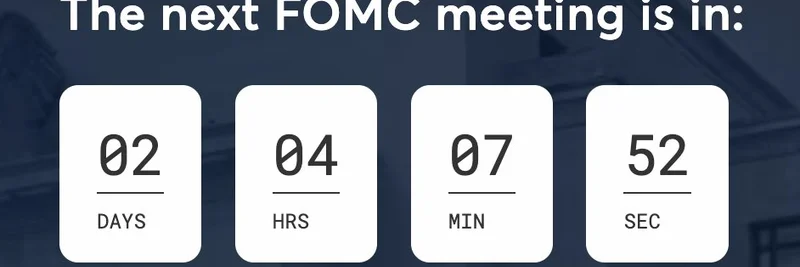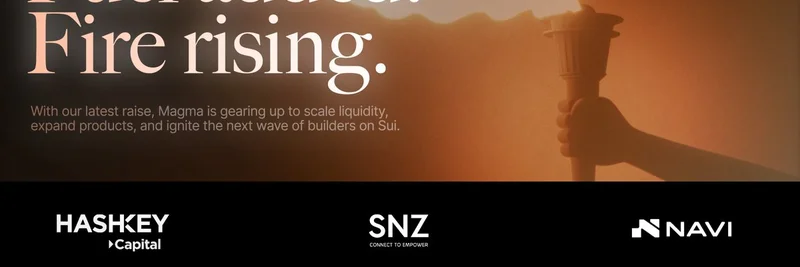If you've been scrolling through social media lately, you might have spotted a blast from the past popping up in profile pictures everywhere: Clippy, that quirky paperclip assistant from old Microsoft Office days. What started as a nostalgic nod has evolved into a powerful symbol of resistance against Big Tech's overreach, and now it's making waves in the meme token world.
ProtonDrive, the privacy-focused cloud storage service from Proton, recently dropped a thread on X breaking down this phenomenon. They explain how it all kicked off with right-to-repair advocate Louis Rossmann urging folks to swap their profile pics to Clippy as a form of protest. For those new to the term, "right-to-repair" is a movement pushing for consumers' rights to fix their own devices without being locked out by manufacturers—think Apple or Google making it hard to repair your phone yourself.
According to the thread, Clippy embodies a simpler era of tech. Back then, software helpers like Clippy didn't spy on your keystrokes to sell data, force subscriptions, or trap you in ecosystems. It just popped up to assist and vanished. Fast-forward to today, and Big Tech often does the opposite: harvesting data without full consent, pushing endless rentals for what we used to own outright, and designing products that prioritize company control over user freedom.
This Clippy resurgence is more than just fun—it's a visual rally cry for tech that serves people, not exploits them. ProtonDrive highlights how changing profile pics is a start, but real impact comes from supporting services with privacy-by-design, transparent models, and user control. As a blockchain enthusiast, this hits home because decentralized tech like crypto aims to flip the script on centralized power.
Clippyの暗号圏への飛躍:ミームトークンが注目を集める
Memes have always been the lifeblood of internet culture, and in the blockchain space, they fuel some of the wildest token launches. Enter CLIPPY, a Solana-based meme token that's riding this wave. Inspired by the same nostalgic and rebellious vibe, CLIPPY on CoinGecko positions itself as "The OG AI," channeling the spirit of that helpful paperclip into a tradable asset.
Just days before ProtonDrive's thread, CLIPPY surged over 34% in a single hour, pushing its market cap to around $22.4 million, according to reports from Bitget and The BlockBeats. This isn't a coincidence—the anti-Big Tech sentiment amplified by the Clippy PFP (profile picture) movement seems to be boosting interest in related crypto projects.
There's also Clippy PFP Cult, another token trading on decentralized exchanges, emphasizing the cult-like following this meme has garnered. These tokens thrive on community hype, much like Dogecoin or Shiba Inu did before them. In meme token terms, "PFP" often refers to profile picture NFTs or communities, tying back perfectly to Rossmann's call to action.
ブロックチェーン実務家にとっての意味
As someone who's navigated the crypto world, I see Clippy's story as a reminder of how memes can drive adoption and awareness. Blockchain tech, with its emphasis on decentralization and ownership, aligns closely with the anti-Big Tech ethos. Projects like Solana offer fast, low-cost transactions that make meme tokens accessible, letting anyone jump in and trade without gatekeepers.
If you're building or investing in meme tokens, keep an eye on cultural shifts like this. The Clippy movement shows how a simple, relatable symbol can spark global conversations—and potentially pump your bags. But remember, meme tokens are volatile; always DYOR (do your own research) before diving in.
ProtonDrive wraps up their thread by noting the internet doesn't have to run on surveillance. In crypto, we echo that with privacy coins and decentralized storage solutions. Whether you're protesting with a Clippy PFP or trading CLIPPY tokens, it's all about reclaiming control in the digital age.
What do you think—will Clippy become the next big meme token icon? Drop your thoughts in the comments!



